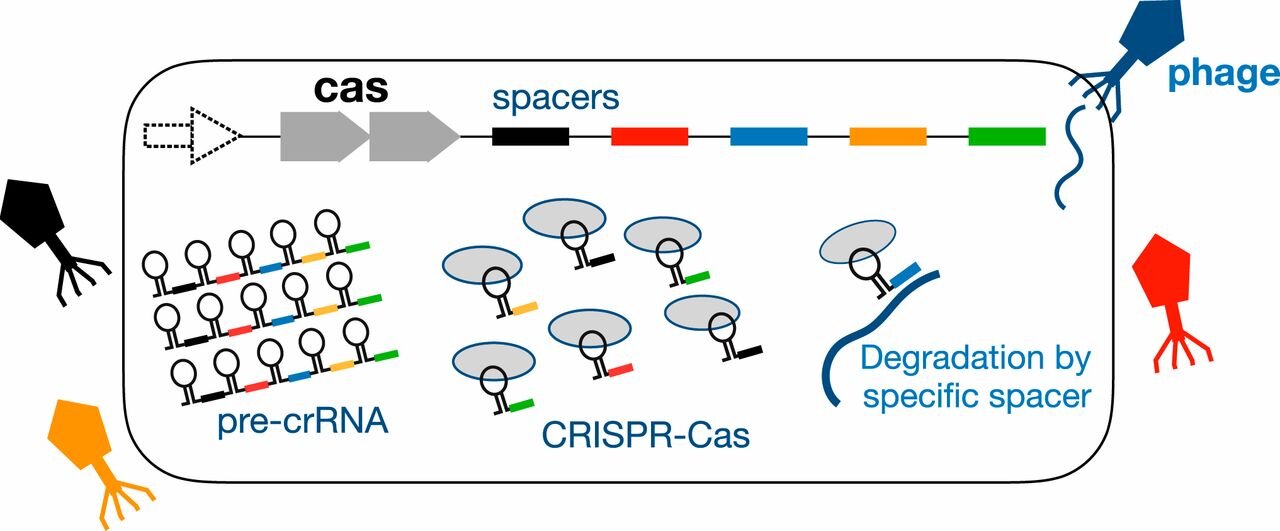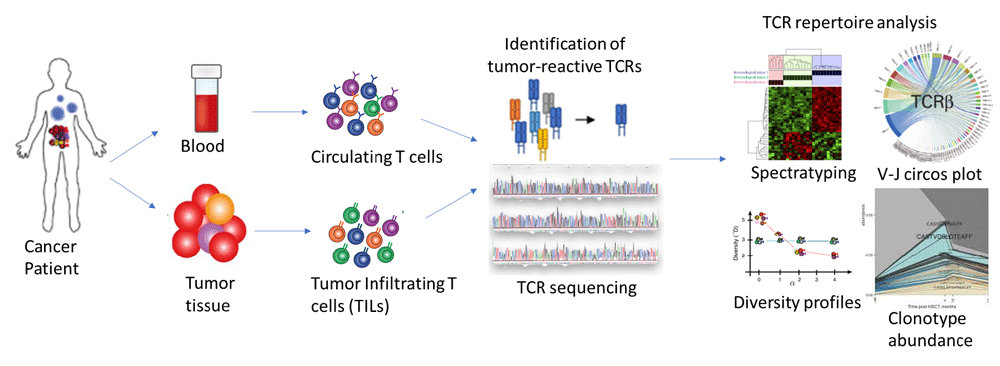

The composition of immune repertoires shifts in response to immunological events ( 5). Components of this somatically generated repertoire can also recognize self-antigens, however, leading to autoimmune responses.

Somatic generation of a tremendously diverse repertoire enables effective immune responses against an essentially infinite array of antigens, such as those derived from pathogens or tumors.
Lossius a immune repertoire full#
The full collection of functional immune receptor gene sequences in an individual at a single point in time is referred to as the adaptive immune receptor repertoire (AIRR). As a result of these processes, each individual has millions of unique immune receptor genes ( 3, 4), although some lymphocytes have identical genes due to clonal expansion. In some species, including mice and humans, the rearranged genes in B lymphocytes are further diversified through somatic hypermutation (SHM) ( 2). The genes encoding immune receptors are somatically generated through a DNA recombination process, V(D)J recombination, that assembles variable (V), diversity (D), and joining (J) gene segments into mature, composite genes ( 1). In jawed vertebrates, the primary actors in adaptive immunity are B and T lymphocytes, which express immune receptors on their surface, and, in the case of B lymphocytes, secrete antibodies, a soluble form of the receptor. The adaptive immune system is composed of specialized cells, molecules, and processes that evolved to defend the organism against foreign pathogens and tumorous cells. VDJServer is a free, publicly available, and open-source licensed resource.

VDJServer is a web-accessible cloud platform that provides access through a graphical user interface to a data management infrastructure, a collection of analysis tools covering all steps in an analysis, and an infrastructure for sharing data along with workflows, results, and computational provenance.
Lossius a immune repertoire software#
The combination of its user-friendly interface and high-performance computing allows large immune repertoire sequencing projects to be analyzed with no programming or software installation required. We describe the main functionality and architecture of VDJServer and demonstrate its capabilities with use cases from cancer immunology and autoimmunity.Ĭonclusion: VDJServer provides a complete analysis suite for human and mouse T-cell and B-cell receptor repertoire sequencing data. VDJServer provides a data commons for public sharing of repertoire sequencing data, as well as private sharing of data between users. It is accessible through a standard web browser via a graphical user interface designed for use by immunologists, clinicians, and bioinformatics researchers. VDJServer also provides sophisticated visualizations for exploratory analysis. Results: VDJServer is a cloud-based analysis portal for immune repertoire sequence data that provide access to a suite of tools for a complete analysis workflow, including modules for preprocessing and quality control of sequence reads, V(D)J gene segment assignment, repertoire characterization, and repertoire comparison. Immune repertoire sequencing produces large, highly complex data sets, however, which require specialized methods and software tools for their effective analysis and interpretation.


 0 kommentar(er)
0 kommentar(er)
